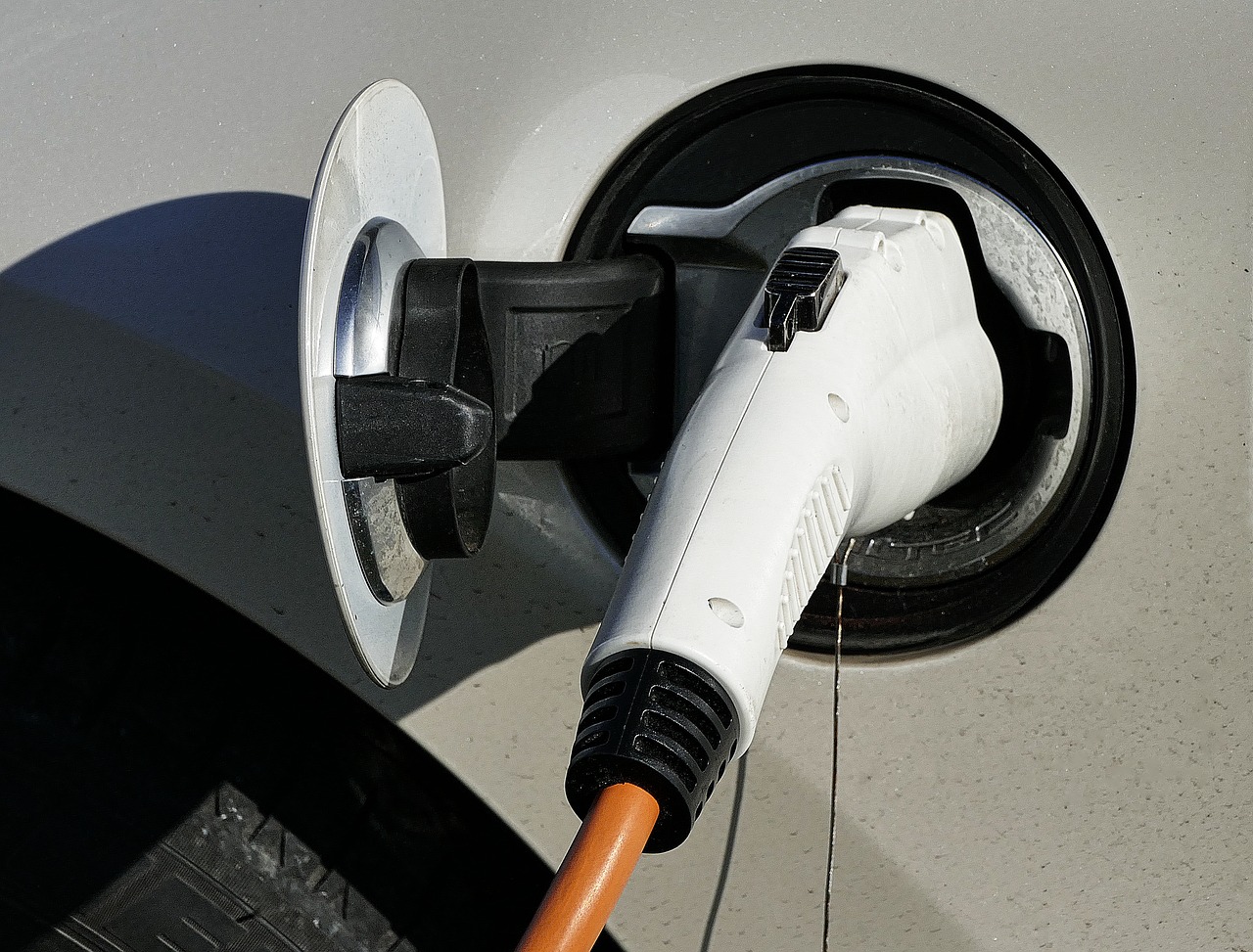Orlen will receive more than PLN 60 million for e-car charging stations
The Orlen Group will receive PLN 63 million for the construction of 40 charging stations for electric vehicles. The funds come from the program “Support for Electric Vehicle Charging Infrastructure and Hydrogen Refueling Infrastructure” organized at the National Fund for Environmental Protection and Water Management (NFOŚiGW).
“33 Polish cities will receive 40 publicly available electric vehicle charging stations thanks to a grant of PLN 63 million from the program of the National Fund for Environmental Protection and Water Management <Support for Electric Vehicle Charging Infrastructure and Hydrogen Refueling Infrastructure>. The project, which will be implemented by the Orlen Group, will enable the construction of stations, also referred to as <multi-station charging hubs>,” said a statement from the NFOŚiGW.
The stations are to be built by the end of December 2027 in 33 towns.
National Fund for Environmental Protection and Water Management / Jędrzej Stachura
PKP Cargo talks to Brussels about subsidies and plans investments abroad
PKP Cargo is in talks with the European Commission about the possibility of co-financing intermodal rolling stock and a network of terminals in the European Union. The company is also expanding its operations in Europe, including Serbia and Romania.
“We were in Brussels, where we talked about mechanisms that are to lead to the acquisition of intermodal rolling stock and a network of terminals in the European Union. We are talking, among other things, about financial support in the form of grants,” said Dariusz Seliga, President of PKP Cargo.
PKP Cargo has announced that it wanted to expand its operations throughout Europe, and in the coming years the main directions will be Serbia and Romania. “We are holding talks in Serbia, which is not currently a member state, but is close to us. We also want to be in Romania,” the company president said.
The company has emphasized that it wanted to be an important participant in connecting Turkey with the rest of Europe. “We are currently facing a number of challenges, including the fact that harbors use ships, which eliminates railways. So we are looking for opportunities to develop in different places and we are doing everything to stimulate PKP Cargo. One of these activities is international expansion and the possibility of participating in transport on the Piraeus-Baltic axis,” emphasized Dariusz Seliga.
In addition, the company plans to hold talks with Ukraine on its reconstruction. The official visit of PKP Cargo Representatives is planned in July 2023.
PKP Cargo is a rail freight operator in Poland and the European Union. It offers intermodal transport in a full-line and distributed system using a fleet of platform wagons for transporting containers, as well as locomotives.
Jędrzej Stachura
Polish Naftoport breaks transshipment record
The Polish Naftoport has broken the record for oil transshipment thanks to Poland and Germany dropping oil from Russia.
Naftoport CEO Andrzej Brzózka told Reuters that Poland’s naftoport handled nearly 18 million tonnes of oil in the first half of 2023 and could handle 36 million tonnes by the end of the year. This is an increase of 50 percent from the record 24.5 million tonnes in 2022.
The reason is the abandonment of supplies from Russia via the Friendship Oil Pipeline by refineries located on its route: Polish ones in Gdańsk and Płock, and German ones in Schwedt and Leuna. They are now mainly supplied via the Naftoport with deliveries from all over the world with Saudi oil as the biggest supplier.
Brzózka revealed that the Naftoport could pick up even more than 36 million tons in 2023, depending on customer demand. The Naftoport is to be expanded with a new unloading wharf, increasing its capacity to 45 million tons of oil per year in 2029. It could then supply 90 percent of the demand of the refineries in Poland and Germany.
Reuters / Wojciech Jakóbik

 PL
PL EN
EN





